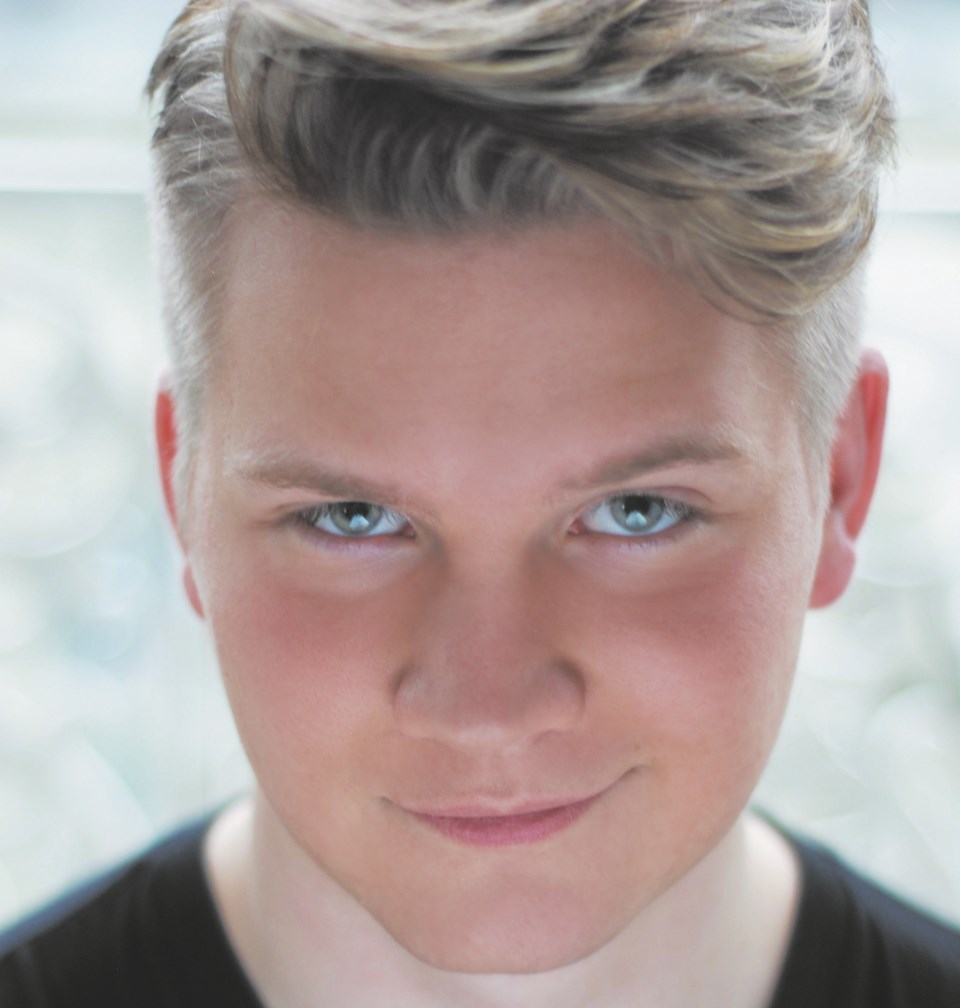I must shamefully confess to a bit of snobbery: having spent my whole life in Vancouver, I assumed that being an artist in Prince George would be even more of a grind, but it turns out moving here might be the best thing that’s ever happened to my theatre career.
I’ve heard for years how tough Vancouver’s theatre scene is to break into but I’ve always sort of assumed that reports of how unusual it is were a bit exaggerated. When you grow up living in and being very fond of a town whose most famous nickname is #NoFunCity, you tend to be a little defensive because Vancouver is plenty of fun, thank you very much.
Then I moved to Prince George and in the middle of a global pandemic that had all but shut down the theatre industry. My first foray into the local performing arts scene was a cold call email to the executive director of Theatre NorthWest, and right away I could tell I wasn’t in Kansas anymore. It’s not that arts leaders in Vancouver are unfriendly or unkind as a rule, but the pool of local artists is so huge that their enthusiasm is inevitably spread a little thinner.
British Columbia (and particularly Vancouver) has the highest concentration of artists in the country. On top of which, living in Vancouver is famously expensive, so the artists who live there have an added desperation to make a career before they’re completely priced out of being able to live there. So after all those years of trying to headbutt my way into some kind of presence in the Vancouver theatre industry, I was frankly delighted by how little force it took in PG.
“Is this what people have been talking about all these years?” I found myself wondering, “Is this what it feels like to be valued and supported by your city’s arts institutions?” My consistent experience with Theatre NorthWest so far has been approaching them hoping for a few scraps and instead being readily offered a seat at the table to enjoy the feast. A request for them to put their institutional stamp of approval and letterhead on a funding application that I couldn’t submit as an individual quickly became a larger-scale and much more exciting collaborative project. They readily offered space and support to make play readings happen as soon as they were allowed again.
Rather than looking for reasons to say no, as many of the big-city organizations I’ve encountered are forced to do, Theatre NorthWest is clearly invested in saying yes to local artists. As anyone who has ever been cornered by a theatre person at a party can tell you, we love to refer to ourselves as a community. Have you heard anyone in the service industry identify as being part of the service community? Me neither. Which is not to say people in other industries don’t find community at work, but it’s a bit of an obsession for artists; one which often blinds us to the way labour inequity manifests in our industry.
As such, I’ve developed a pretty thick layer of cynicism around that language in recent years. If we’re such a community, then why is all the money and opportunity still so concentrated on relatively few artists and companies with the split falling quite clearly along intersections of privilege? But the greatest discovery I’ve made about Prince George since moving here is that, by and large, it takes the idea of community very seriously and the theatre scene is no different. I’ve put that cynicism back in the box, and I suspect that’s where it’s going to stay.
- Julian Legere was born and raised on unceded Coast Salish territory, and currently living on unceded Dënéndeh, Dakeł Keyoh ( ), and Lheidli T’enneh territory, Julian Legere is a bi/queer writer, theatre practitioner, arts worker, and educator who has been making and facilitating literary and performing arts work for 15 years.



